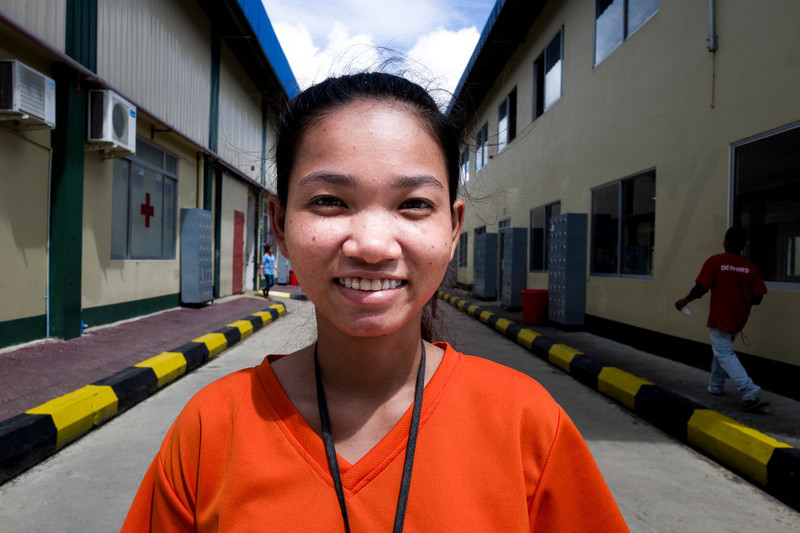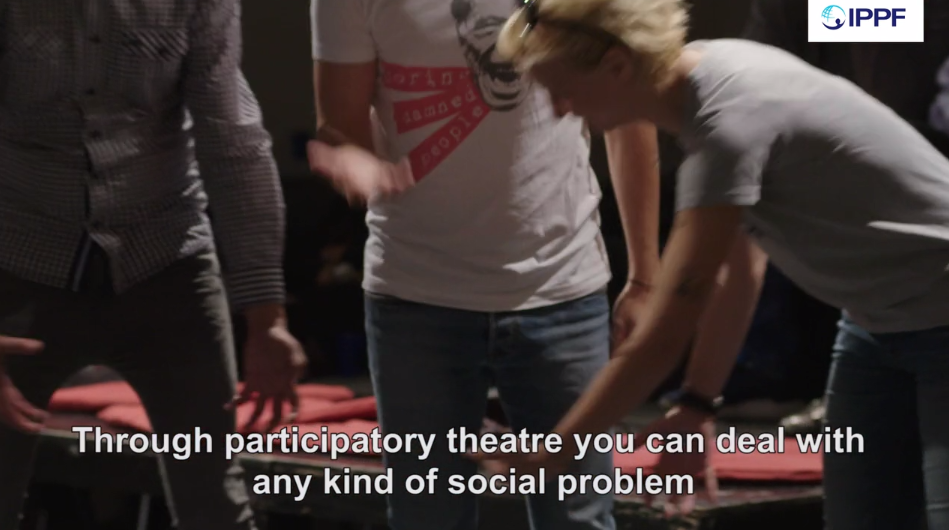Spotlight
A selection of resources from across the Federation

HIV Theory of Change
Our HIV Theory of Change is to clarify the goals and vision of IPPF’s HIV programme and to articulate the different pathways and strategies IPPF uses to contribute towards its HIV goals and vision.
Filter our resources by:


| 08 November 2017
Health with pop: Talking sex education with Cambodia’s female garment workers
About 700,000 people work in Cambodia’s garment factories, many of them migrant women from rural areas who typically possess low levels of education. According to Dr. Sreng, not only do these women often lack crucial health knowledge, but they tend not to trust health providers or know where to access medical care. RHAC, which first took its health outreach programme into garment factories in 1998, now operates in 82 factories that employ a combined total of 130,429 workers. Nearly 28,000 of them have taken part in RHAC-led group discussions and more than 67,000 have attended targeted health days like the one at Propitious. Photography © IPPF/Omar Havana

| 27 October 2017
The Contraceptive challenge III: the displaced woman
For displaced women, access to unbiased information and services is a real challenge. IPPF member associations reach women in humanitarian settings to ensure that they have the information and care they need to freely decide abut their health.

| 24 October 2017
Watch: Confronting gender stereotypes in Serbia
The Serbian Association for Sexual and Reproductive Health and Rights (SRH Serbia) teamed up with IPAK to challenge gender stereotypes in Serbian society through the act of theatre-based workshops. Boys and girls participate and literally walk in one another's shoes to help challenge and dismantle 'gender roles'. The workshop was funded by the IPPF Innovation Programme.
| 11 October 2017
The contraceptive challenge II: The Young Girl
Access to contraception should never be a challenge, yet young people face stigma and barriers when they try to access to contraceptive care and information. At IPPF, we know that the lack of sexual and reproductive health care is not a game. We work with and for young people to ensure them the healthcare and education they need, so they can focus on a more important challenge: achieving their dreams.

| 04 October 2017
Celebrating girls worldwide for International Day of the Girl Child
Today marks the International Day of the Girl Child. Girls are often the ones to suffer firsthand from the lack of access to sexual and reproductive services. We will continue to fight for girls everywhere to not only have access to health care services but to stand up and shout 'I Decide my future'.
| 26 September 2017
The contraceptive challenge I: Rural Women
Access to contraceptive care can be difficult in some societies and trying to get the support needed can feel like a challenge. Yet, IPPF member associations know that the lack of family planning is not a game and are always on hand to provide contraceptive services and care to those that are most in need. Join our campaign for everyone's right to decide















